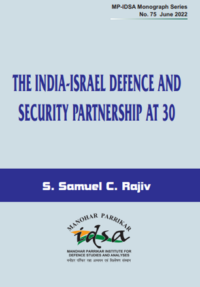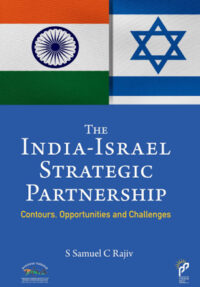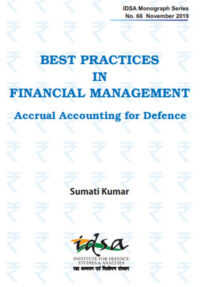Applying Failure Mode, Effects And Criticality Analysis (FMECA) for Ensuring Mission Reliability of Equipment
FMECA of equipment is an effective scientific tool to identify the assemblies, sub-assemblies and components that are critical for the satisfactory performance of equipment.
- Mahendra Prasad
- May 08, 2012











